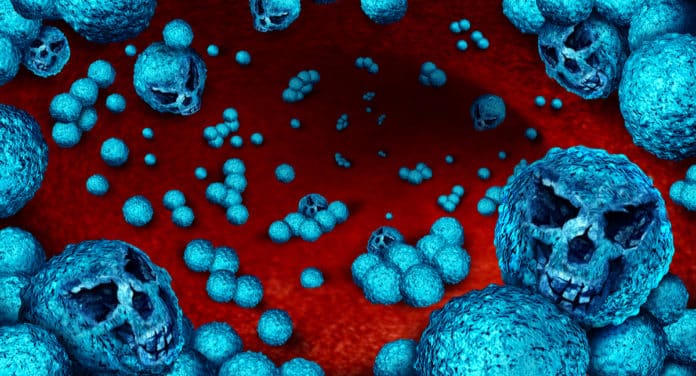New Evolving Superbug found to cause diarrhea thrives on the sugar-rich Western diet, according to a new study.
Nitin Kumar, a senior bioinformatician at the Wellcome Trust Sanger Institute said that a bacteria called Clostridium difficile. C. difficile produces spores that spread through contact with feces. They can commonly be found in bathrooms or on surfaces that people touch without properly washing their hands. He said that these bacteria have become increasingly resistant to disinfectants used in hospitals.
Mr. Kumar further added that the patients taking antibiotics were at greater risk of developing diarrhea from C. difficile- the New Evolving Superbug. This is because of the antibiotics that clear away the healthy gut bacteria that typically fight infection.
For the study, 906 different strains of bacteria were collected by Mr. Kumar and the team from the environment, humans, and animals such as dogs, pigs, and horses. When an analysis was done the researchers found that C. difficile was emerging out as two separate species. This can be verified by the fact that the two species share around 94-95% of their genome. In order to be considered the same species, two groups of microorganisms should ideally share 95% of their genetic material
. This data indicates that they are on the verge of speciation. Speciation will result in the New Evolving Superbug. Mr. Kumar added that it is uncommon for bacteria to evolve.C. difficile clade A is one of the New Evolving Superbug that thrives in hospitals. 70% of the samples collected by the research team from the hospitals were dominated by them. A detailed DNA Analysis revealed that this emerging species started evolving 76,000 years ago. Due to mutations in its genes, the bacteria species metabolize sugars and form disinfectant-resistant spores.
The researchers then introduced the C. difficile clade A bacteria to mice that were being given different diets. Results revealed that the New Evolving Superbug the C. difficile bacteria were more likely to thrive and colonize the gut when the mice ate diets rich in simple sugars, such as glucose and fructose.
Mr. Kumar said that our diet played a major role in the evolution of this Superbug. Other factors may include the type of disinfectant commonly used in hospitals. These factors are helping the bacteria to evolve more rapidly. These results suggest that it might be helpful if patients infected from C. difficile clade A bacteria were kept on a low sugar diet. Hospitals should also consider using new disinfectants to avoid the development of resistance in these New Evolving superbugs.






























